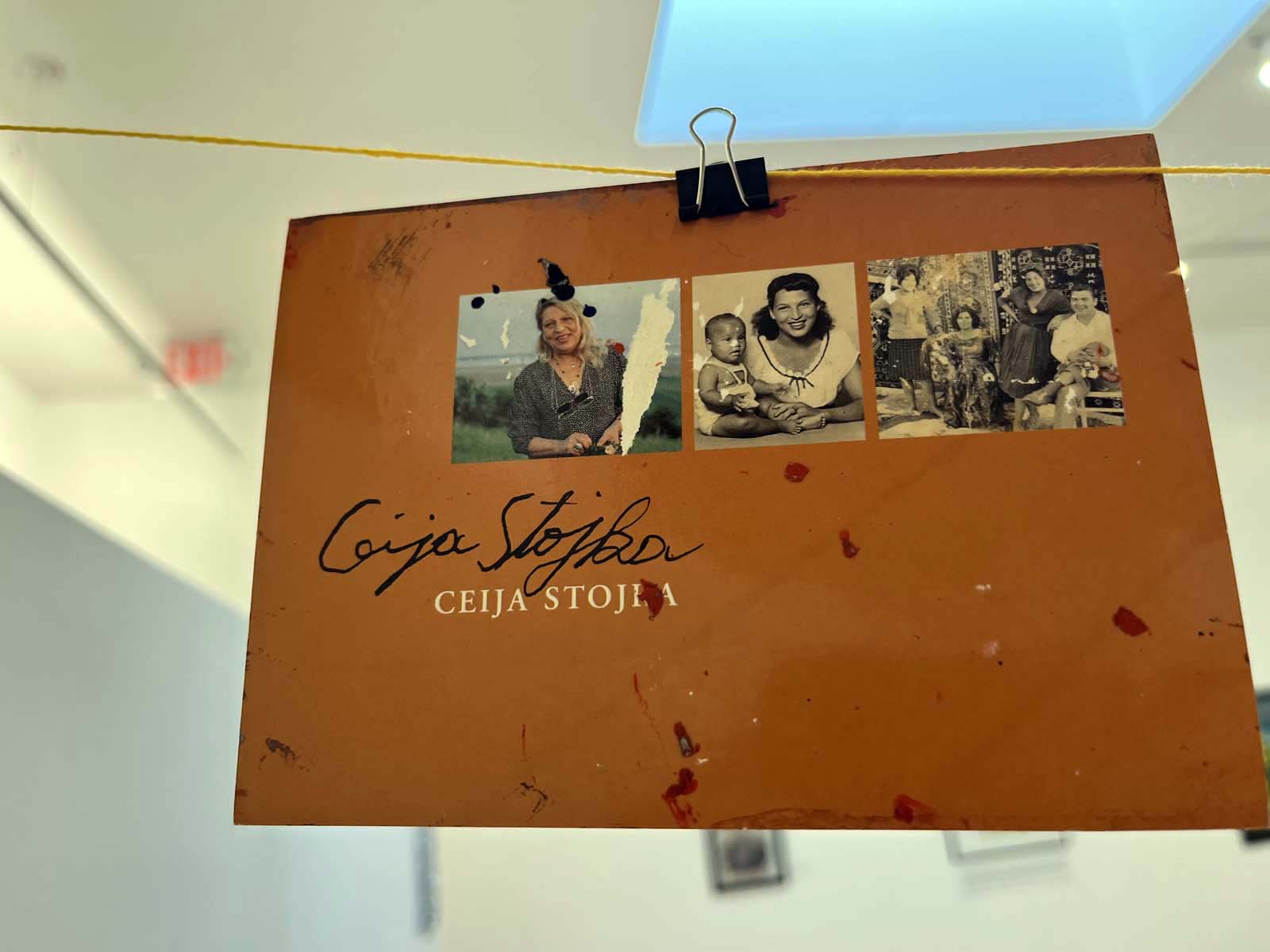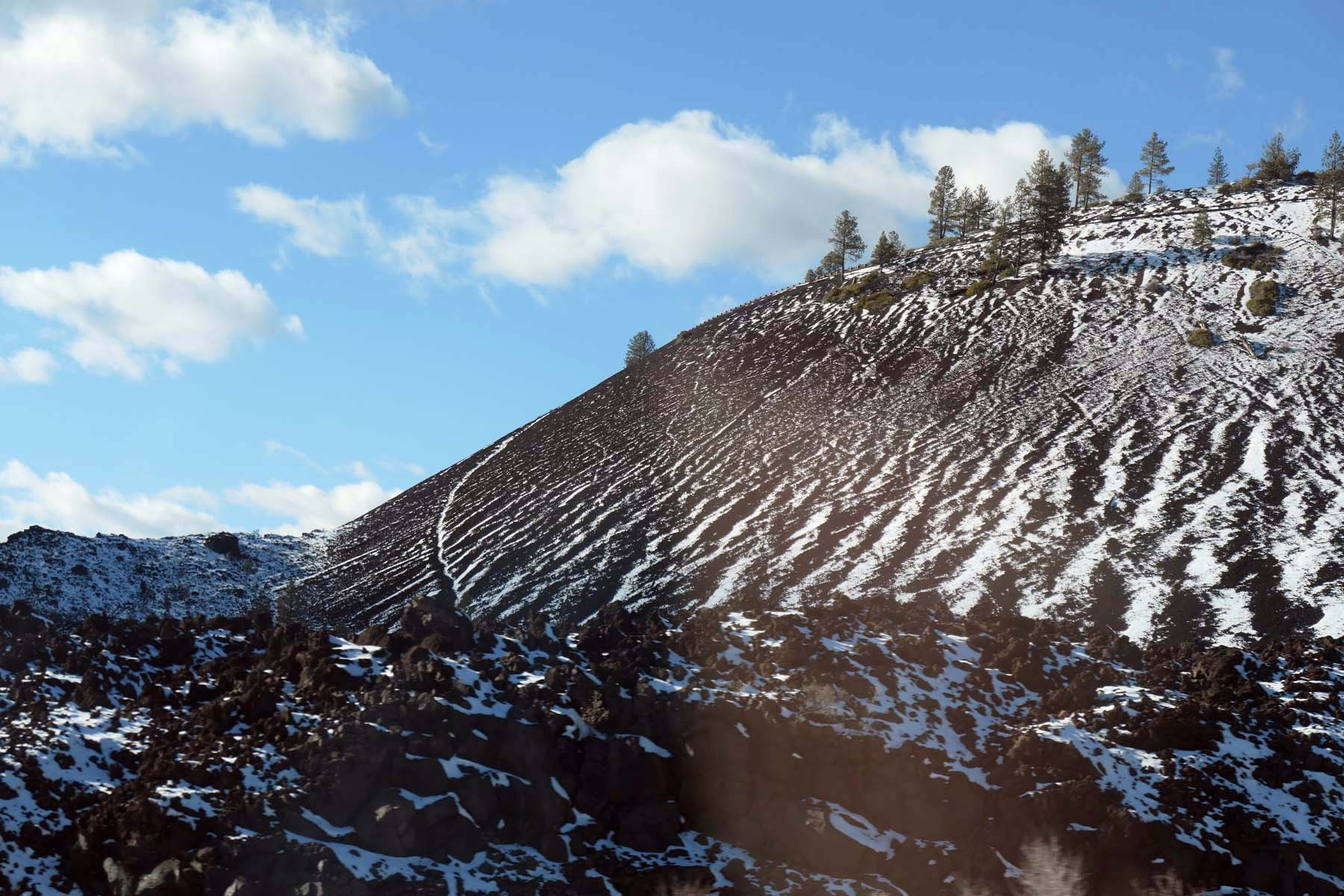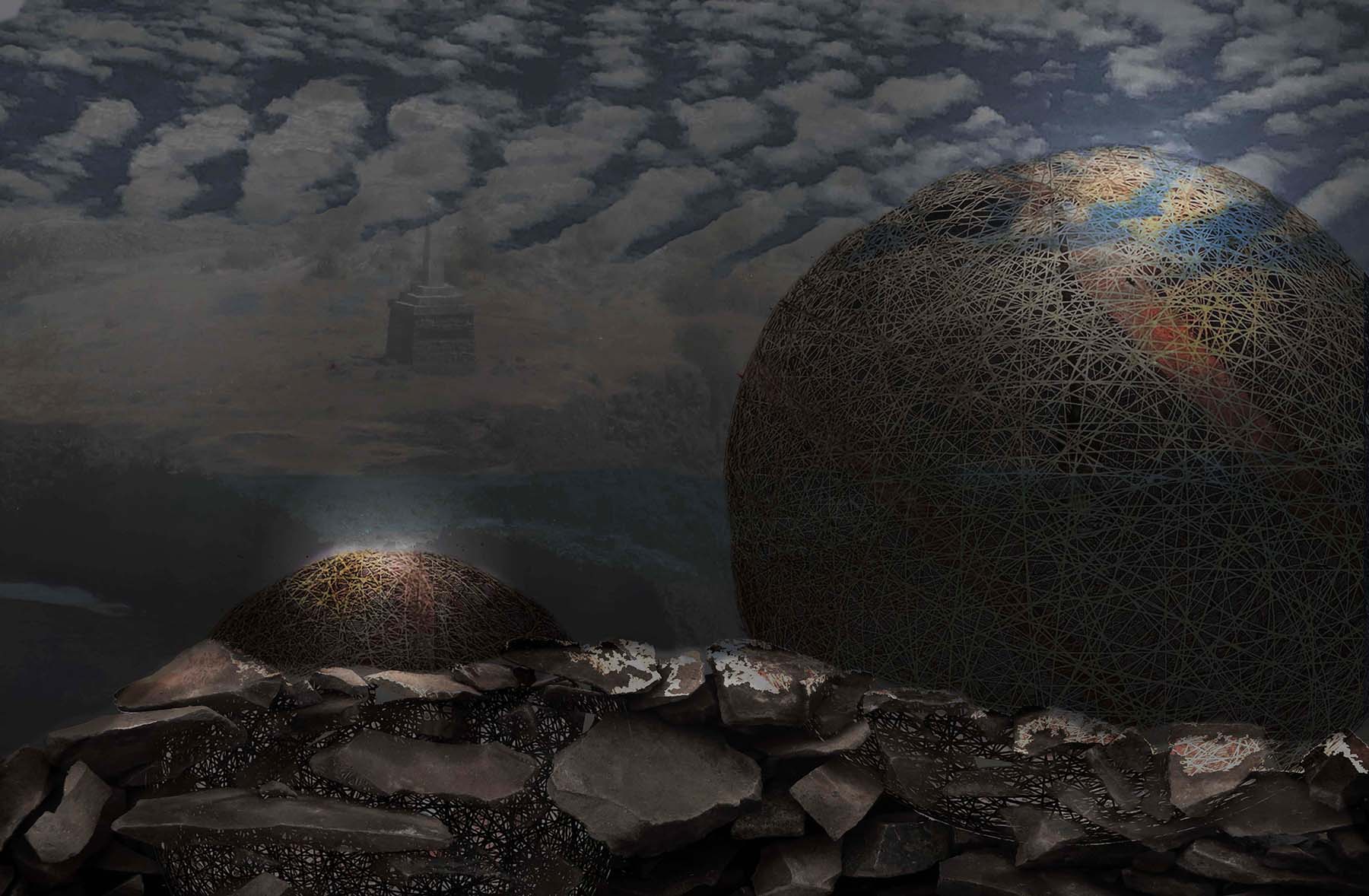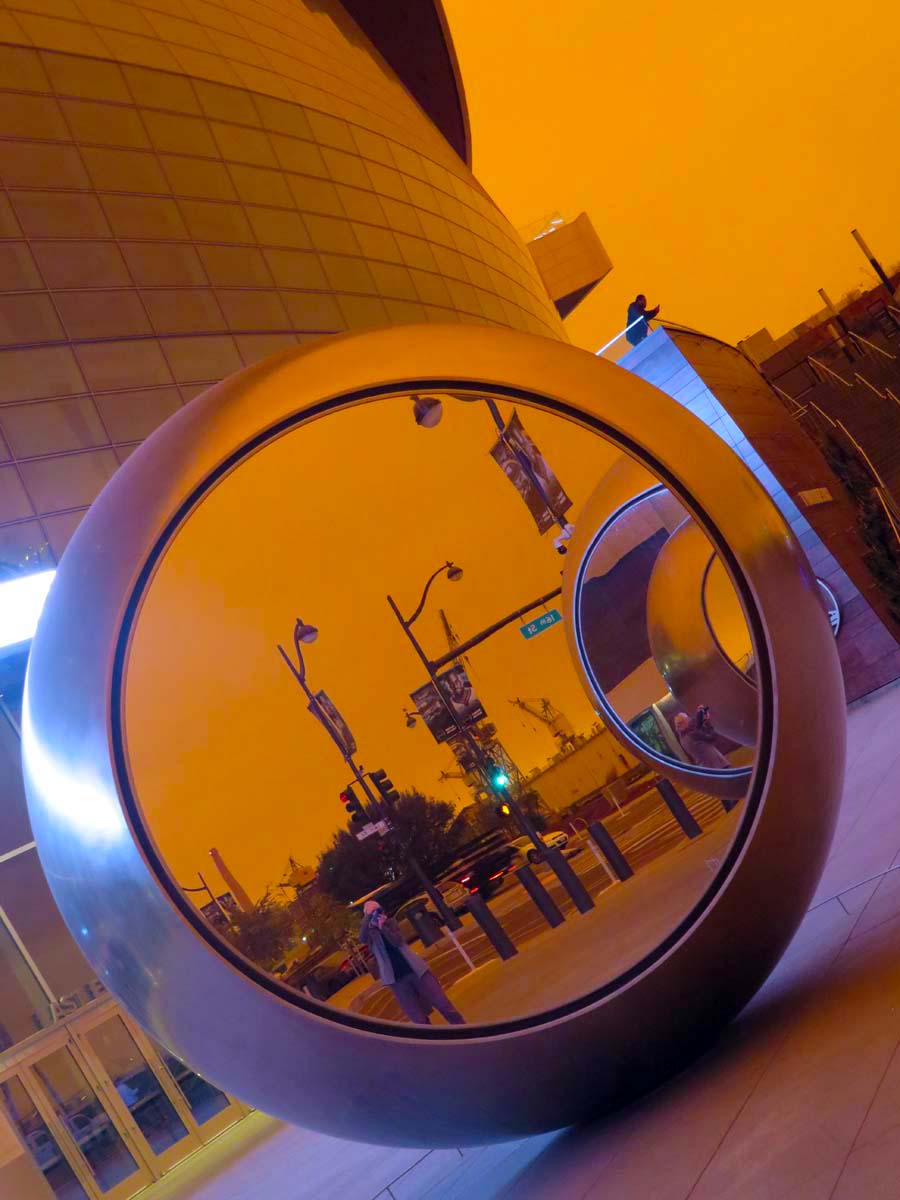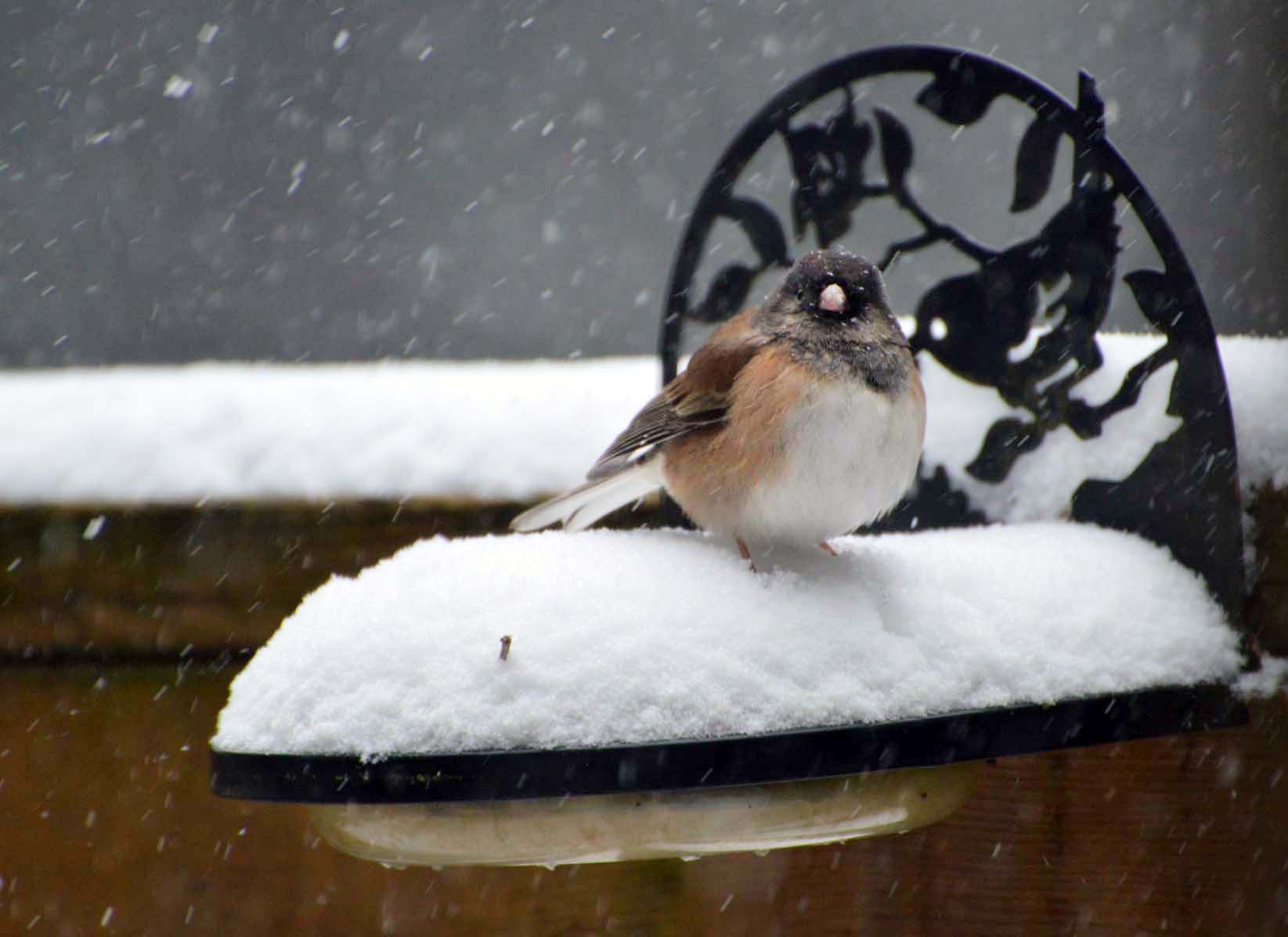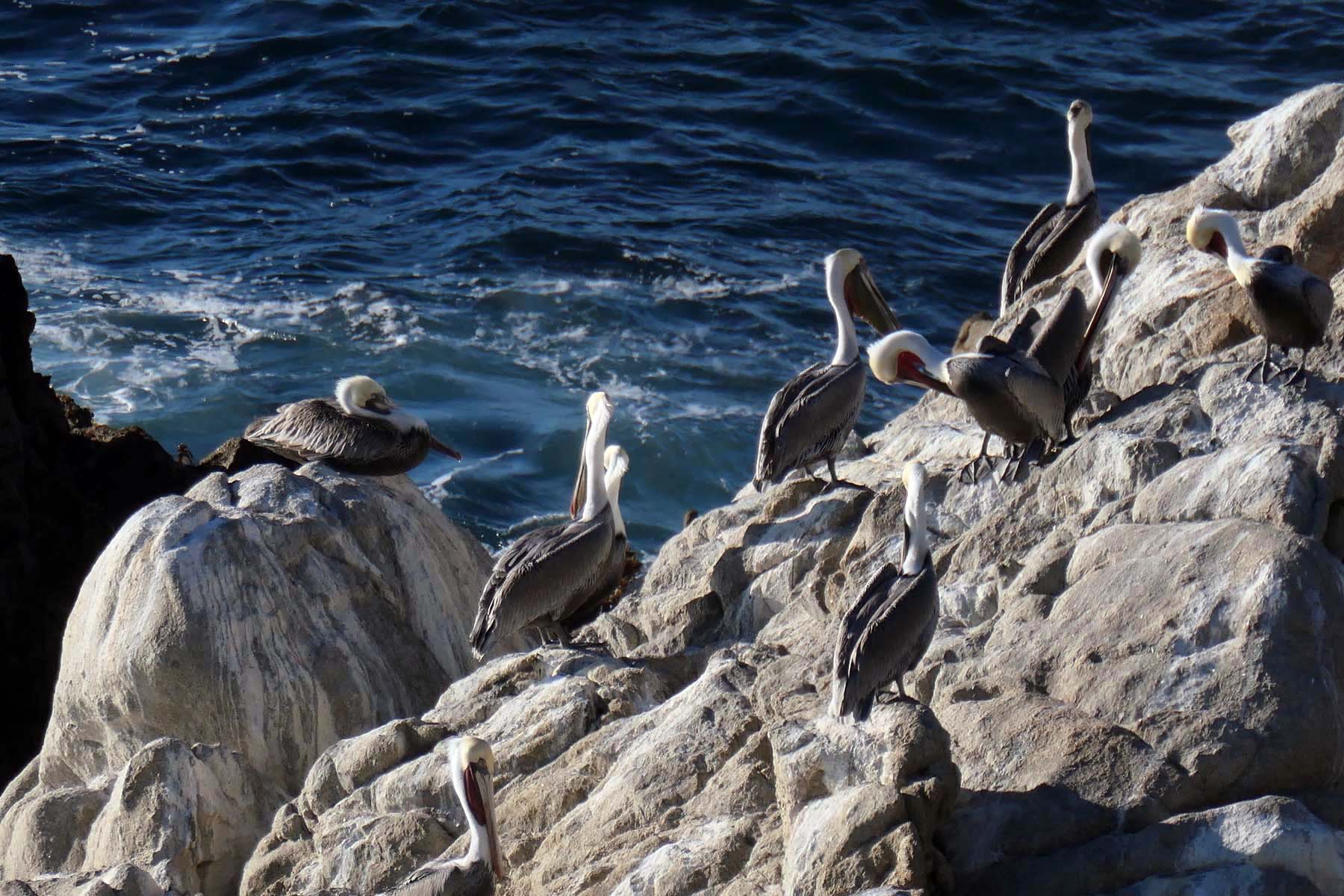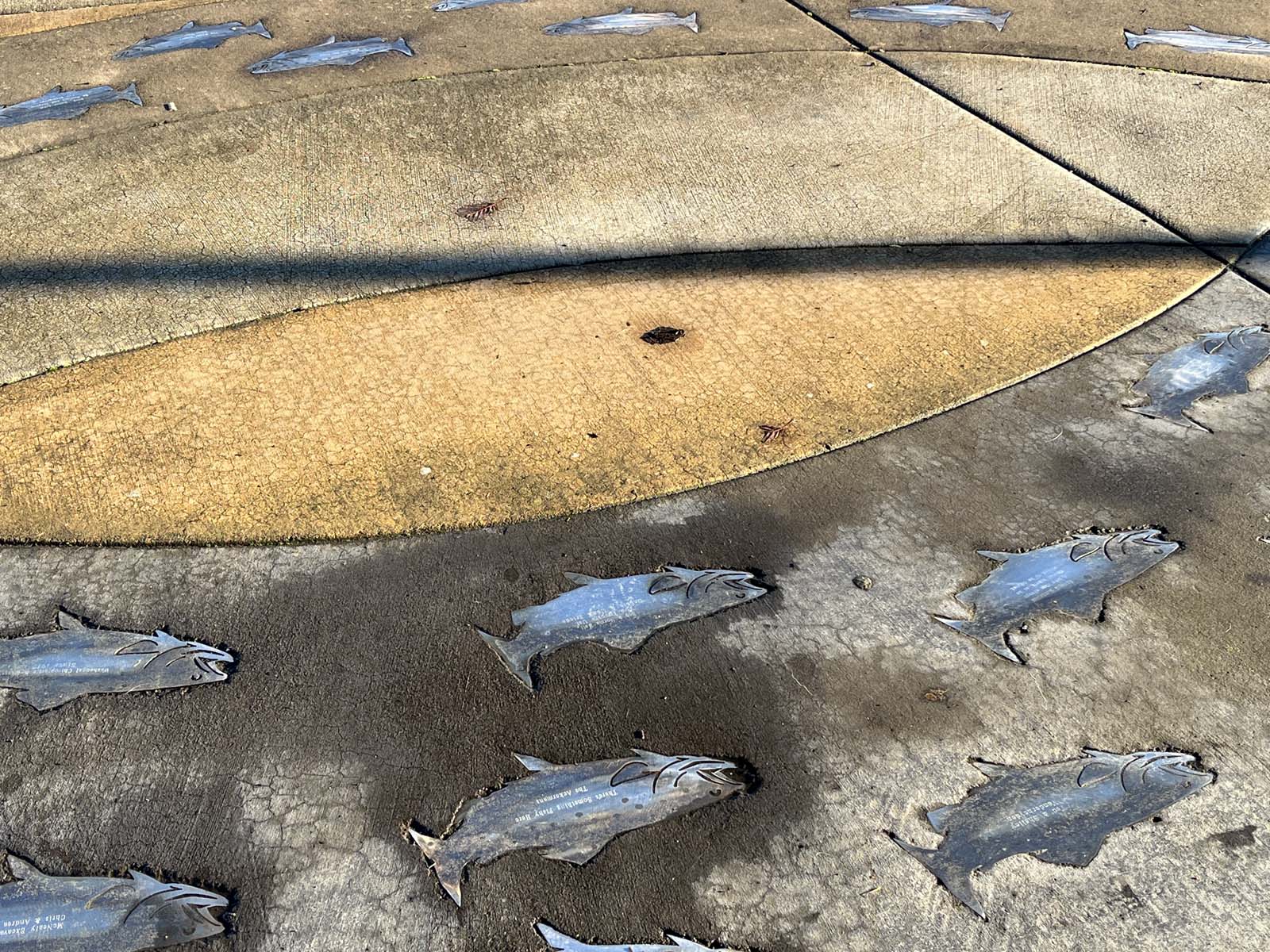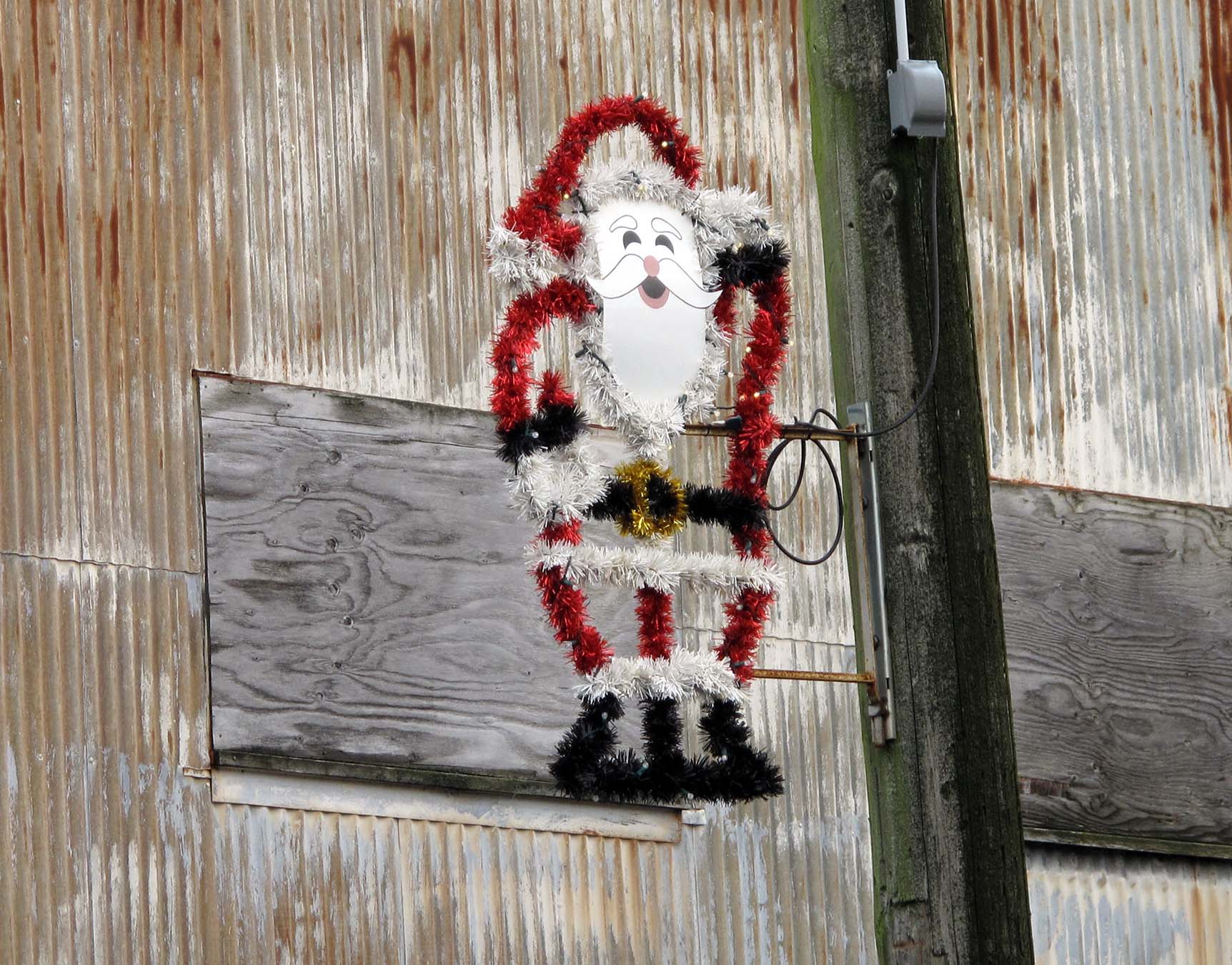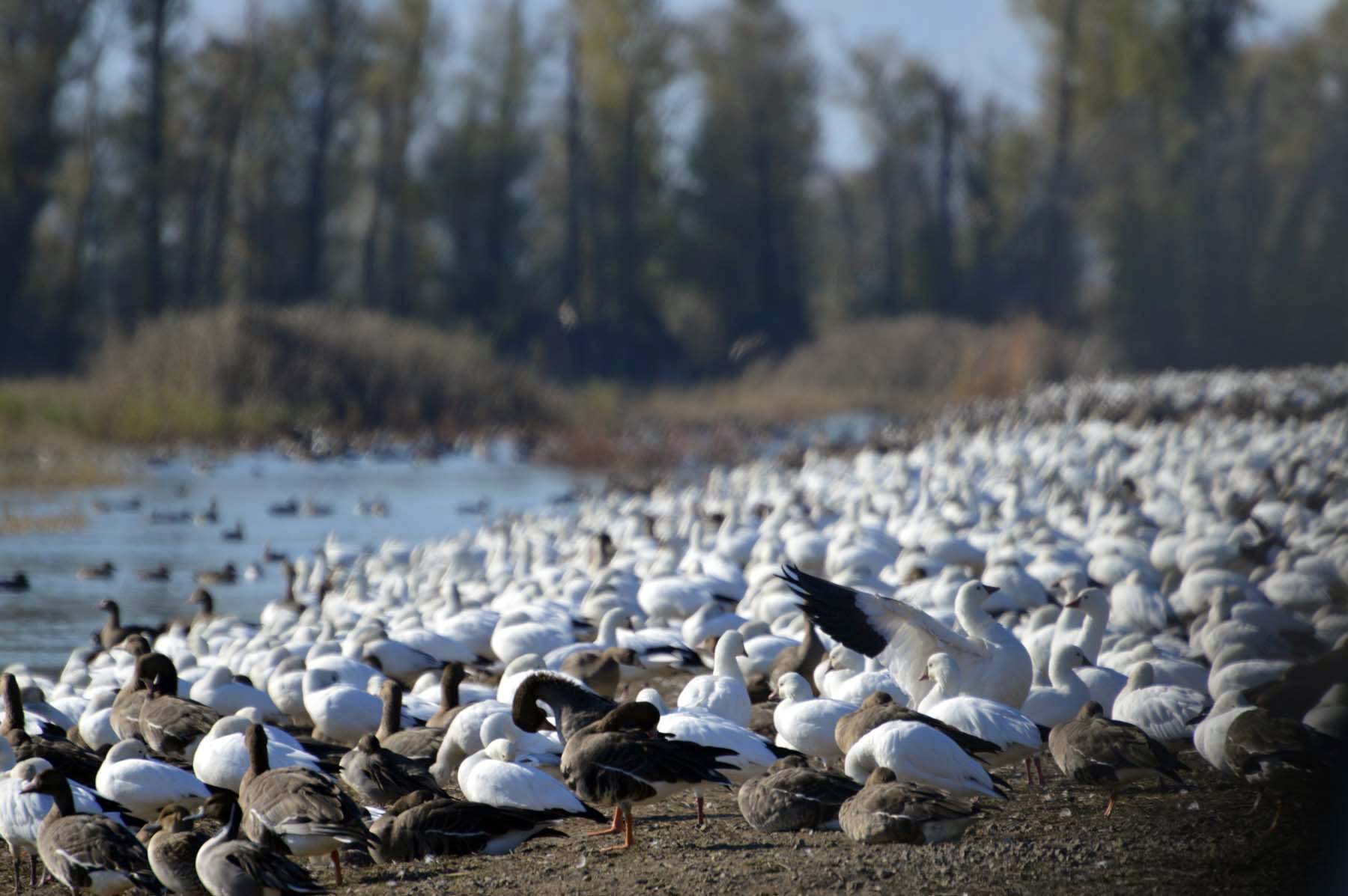“It is the fundamental task of art to fight against alienation – to go to bat for authentic hearing, seeing, feeling, thinking against the stereotypes and societal patterns that are full of hostility towards being thoughtful and perceptive.” – Erich Fried in Rudolf Wolff (Hrsg.): Erich Fried. Gespräche und Kritiken, 1986. (My translation.)
***
If you look up the meaning of the word “authentic,” the Thesaurus suggests this: genuine, honest, true, real, original, unmistakable, historical. I cannot think of a better description of the art of Ceija Stojka (1933-2013) a Roma artist, Holocaust survivor, and activist whose work is increasingly displayed by major venues, providing welcome contrast to so much of the inauthentic hokum out there.

Ceija Stojka The Mama (detail with gallery entrance reflected in the glass covering the painting.)
Across the last few years the artist’s paintings, drawings and journaling were on view at Gallery Christophe Gaillard in Brussels, the Museum of the City of Lodz in Poland, at the European Roma Institute for Arts and Culture, at the 35th Bienal de São Paulo, at Kassel’s Documenta 15 in Germany, among others. Opening in April, they are at the Bibliothèque Nationale de France, Paris, in a group exhibition, Apocalypse. Yesterday and Tomorrow.
Luckily, we dont have to travel that far. Some of Stojka’s work is currently shown at the Vancouver, WA gallery Art at the Cave, together with exhibits by Daniel Baker and Sam Marroquin, and short videos about the artists by Erin Aquarian, in a show titled “Seeking Warmth.”
Stojka’s father was murdered by the Nazis even before the entire family was imprisoned in concentration camps. She, her mother and all siblings but one brother survived, despite being routed through Auschwitz, Ravensbrück and ultimately Bergen-Belsen. A miracle, given that out of 12 000 Austrian Roma, between 9000 and 10 000 perished during the Holocaust. After liberation, she attended school for a few years before she had her first child at age 15. She became a successful carpet merchant, and had two more children within the decade (two of whom preceded her in death, adding more tragedy.) It was only in her mid-fifties that she started to put her traumatic experiences into diverse forms of expression, music, self-taught visual art and journaling. It is no exaggeration to say her memories poured out, with over a thousand works of art and writing composed during the decades before her death at age 79 in 2013.

Ceija Stojka Untitled (Wagon in Forest)
Before I turn to her art, a grateful acknowledgement that individual people accompanied this artist to express herself and help bring about the prominence she has achieved. One of Austria’s most distinguished documentarian film makers, Karin Berger, was the first to engage with Stojka in the late eighties. A full documentary about the artist and her trauma, Ceija Stojka: Portrait of a Roma, was published in 1999. Lorely French, who taught German language and literature, as well as film and Roma writers, retiring this May after 39 years at Pacific University, was the artist’s friend. Importantly, she translated the first English version of the memoirs of Ceija Stojka, and is a founding member and member of the board of the Ceija Stojka International Association.
The art on display in the current exhibition is a small-scale version of Stojka’s oeuvre as a whole: there are the paintings that represent a “bright cycle” – scenes referencing life as the Romani people experienced it before the descent into the hell of the Holocaust. The acrylics are expressive, colorful, reminiscent of folk-art, and often quite sophisticated in their perspective for a self-taught artist. They report what was seen, but also communicate a sense of longing for a way of life that no longer exists. Wagons, streams, summer meadows, birds and flowers everywhere, and many people forming community around chores, more often seemingly idyllic than not. Exactly a way a child would experience her childhood, without the adult knowledge of how the Roma had to fight against prejudice and persecution long before the fascists arrived on the scene. It is a remarkable feat as an artist to be able to reproduce that experience from a memory store that by all means should have been overwritten by the horrors that followed.

Ceija Stojka Untitled (Wagon with people at stream)
These very horrors are captured in Stojka’s “dark cycle,” drawings in ink and some other materials that comprise the other half of her output. These drawings are often accompanied by text. For clarity, the English translations are repeating the meaning of the words, accurately conveying what was said (a choice I would have made as well.) What gets inevitably lost – and the part that makes her texts so indelibly authentic – is the orthography of the artist. Having had but a few years of school, after liberation and before she had her first child, Stojka writes how one hears the words, phonetically, and not according to our spelling and grammar rules. It gives the texts a texture of spontaneity and intensity, of words tumbling out of a mouth rather than a pen, providing the message with an amount of urgency that can simply not be captured in translation.

Ceija Stojka Ravensbrück 1944. Liberation 15.4.1945
These two cycles, bright and dark, interact to magnify the void caused by evil, by offering us the memorial building blocs of a remembered childhood, catapulted into the abyss. The longing for the wholeness of life before is drawing us in, and then spitting us out into the agony of what came after, or the bitterness of the realization of what the artist had to endure. The yearning for the remembered ideal frames the depicted trauma caused by genocide, multiplying the horror exponentially.

Ceija Stojka They devoured us.
We find both, personal grief and political anger in Stojka’s drawings and texts. What makes her so effective as a messenger is the concreteness of her reporting. She did seek warmth by resting amongst the dead (hence the title of the exhibition), shielding her from the wind. She fought off starvation by chewing and swallowing little balls of wool her mother had unraveled from the sweaters still on the corpses, or by eating grass pried from under the floorboards of the barracks, or sap clawed from trees. She banned despair by clinging to hope, perceived by her to be what gave them strength.

Ceija Stojka Hope – that was what gave us strength 1944
***
“Was wir suchen ist schwer zu finden. Die Angst, die müssen wir nicht suchen. Die ist da.” “What we are searching for is hard to find. We don’t have to search for the fear. That is there.” (Translation by Lorely French.)
***
Stojka’s relationship to fear is more complex. On the one hand, she models for all of us an incomprehensible amount of fierceness and courage in poems like this.

On the other hand, she describes, again concretely, a typical behavior that is the result of her experience: “You can’t walk along the street without looking over your shoulder.” (This sentence was juxtaposed with a quote by the poet Erich Fried, an Austrian compatriot who fled into exile after the Nazis killed his father and who survived the war in England. “For I cannot think without remembering.”)
Fear permeates the past, her book titled: Even Death is terrified of Auschwitz. It seeps into the presence – already in the year 2000, she worries about next generations forgetting history, and the fact that a far-right party joins the government coalition.

She proclaims soon after: “Ich habe Angst, dass Europa seine Vergangenheit vergisst und das Auschwitz nur am Schlafen ist. Anti-ziganistische Bedrohnungen, Vorgänge und Taten beunruhigen mich und machen mich sehr traurig.” (“I fear that Europe is forgetting its past and that Auschwitz is only asleep. Anti-Romani threats, happenings and attacks worry me and make me quite sad.”) (Ref.)
The fear, however, seems to be one of the motors for her activism to educate Austrians and the world about the history and the plight of the Romani people, activism for which she received accolades and awards. To this day, Austria has not officially recognized the Holocaust or the Samudaripen/Porajmos – in Austria referred to as the Holocaust of the Roma – through any legislative act; the Holocaust of the Roma is instead recognized as an integral part of the Holocaust as such. (Ref.)The Romani people, assumed to have originated in Asia, most likely Punjab or Kashmir, and who have never identified themselves with a homeland, have been persecuted since the middle ages within the various countries where they traveled and traded. The Porajmos saw up to half a million Roma murdered. Like Jews, they were segregated into ghettos before transport to extermination camps. After the war they were forced to settle in various locations. In post-war Czechoslovakia, where they were considered a “socially degraded stratum”, Romani women were sterilized as part of a state policy to reduce their population. As recently as the 1990s, Germany deported tens of thousands of migrants to Central and Eastern Europe, with large percentages of the Romanians among them being Roma.




Postcard work of Ceija Stojka (which I consider some of her strongest communications.)
Fast forward to our own times, where for the first time ever since 1945, Austria saw this far-right party, the FPÖ (Austrian Freedom Party,) win the most seats in national elections with garnering almost 30% of the vote last September. (The centrist parties managed to form a governing coalition some many months later that excludes the extremists.) A member of the FPÖ had only a few years back distributed anti- Romani, hate-filled videos on social media, but could not be criminally indicted since he is protected by immunity as a member of congress.) Anti-Roma hate crimes are frequent occurrences across Europe, with assault and arson attacks against homes physically endangering people. Ethnic hatred and claims of “Gypsy criminality” are clearly making a comeback in tandem with rising anti-Semitic sentiments fostered by extremists movements and now parties.
Fear can be a tool. It can motivate us to (re)act and fight for justice, as the artist did. It can be both, exploited and imposed by draconian measures and persecution, as radical right ideologies have successfully discovered. Fear of others, of globalization and immigration, of status loss or “replacement,” can be turned into hatred of scapegoats, often ethnicities other than one’s own. Fear of consequences of protest or non-conformity can smooth the path of authoritarians who want to consolidate power.
Ceija Stojka knew that, expressed that, resisted that. In life and in art.

***
Daniel Baker is a Roma artist and theorist of renown who lives in the U.K. He uses metalised polyethelene rescue blankets, sometimes sculpted, sometimes crocheted, to combine conceptual issues related to survival strategies and practices with a visual aesthetic that echos Romani patterns. Part of his theoretical work concerns the (in)visibility of ethnic minorities, particularly those that are not geographically anchored. In a somewhat ironic turn, his work could have been displayed a bit more visibly in the gallery – you had to work to discover it.

Daniel Baker Emergency Artefacts.
Sam Marroquin shows her series The Madness of War in the upper parts of the gallery. An astonishingly large number of charcoal and acrylic paintings were fitted into the space without overcrowding. Kudos to whoever hung this, likely Sharon Svec, whose curation of this exhibition is splendid overall. The paintings are simplified reproductions of scenes depicted on videos and print material of first hand experiences by those living through the hell that is contemporary Gaza. Put on paper with the artist’s non-dominant hand, they appear more like the drawing of a younger person, a lack of perfection and child-like approach that parallels what we see in the paintings of Stojka. Here, too, are concrete depictions of humans in existentially threatening situations, their bodies and spirits bombed into extinction, their grief more than a single life time can hold. Block letters introduce the artist’s suggestions of the emotions and thoughts likely experienced, all universal enough that they promise verisimilitude.

Sam Marroquin Paintings along the Gallery Wall from the series The Madness of War.
The work makes several strong points. For one, any claim that we have moved beyond atrocities imposed on any one group is moot. The indiscriminate killing of men, women and children, of rescue personnel and journalists/reporters is not a thing of the past, intentional starvation included. Secondly, the suffering depicted is universal, even if it is applied in this case to the particulars of the fate of Palestinians. We could as well be looking at Syria, Ukraine, Sudan or the Republic of Congo. And, importantly, Marroquin’s drawings reveal a humanity of the victims that will elicit empathy in all but the most hardened, allowing a sense of shared humanity across borders.



Sam Marroquin Paintings from the series The Madness of War
The issue, then, is the fact that all of these images were, as “originals,” available in public sources, live-reported during this conflict. They never made their way to those fixated on selective mass media or social media sources that are ideologically inclined to show some sides of suffering but not others. The polarization experienced in a country divided about our political future, is reflected in the visual diet that we consume, basically determined by what the powers that be put into the relevant “larders.” In some way, then, art that is not explicitly associated with media that we deem trustworthy or disreputable, respectively, might inform consumers whose minds can be opened if approaching artistic depictions without easily triggered prejudice. In theory. In practice, of course, we have to mourn the fact that the likely distribution of this important body of work pales in comparison to that of even the smallest partisan social media outlet.



Sam Marroquin Paintings from the series The Madness of War
Before we despair, and in honor of the remarkable resilience of Ceija Stojka and others exposed to existential threats, let me close with a poem (Ertrag is the German title) by Erich Fried, whose words introduced this review. (And yes, I’ve been a fan since my teens, when he was first published by the German publishing house Klaus Wagenbach, before anyone else took on his poetry.)
Dividend
Gathering hope
from solvable problems
from possibilities
from all that
which holds promise
Reserving
strength
for only that
which truly
requires action
Is the way to amass
quietly
a supply of
despair
never spent.
-by Erich Fried
SEEKING WARMTH
March 2025
ART AT THE CAVE, 108 EAST EVERGREEN BOULEVARD, VANCOUVER, WA, 98660, UNITED STATES360-314-6506 GALLERY@ARTATTHECAVE.COM
HOURS: TUES-THURS 11-5PM, FRI AND SAT 11-6
For specific upcoming programs related to the exhibition, go here.
